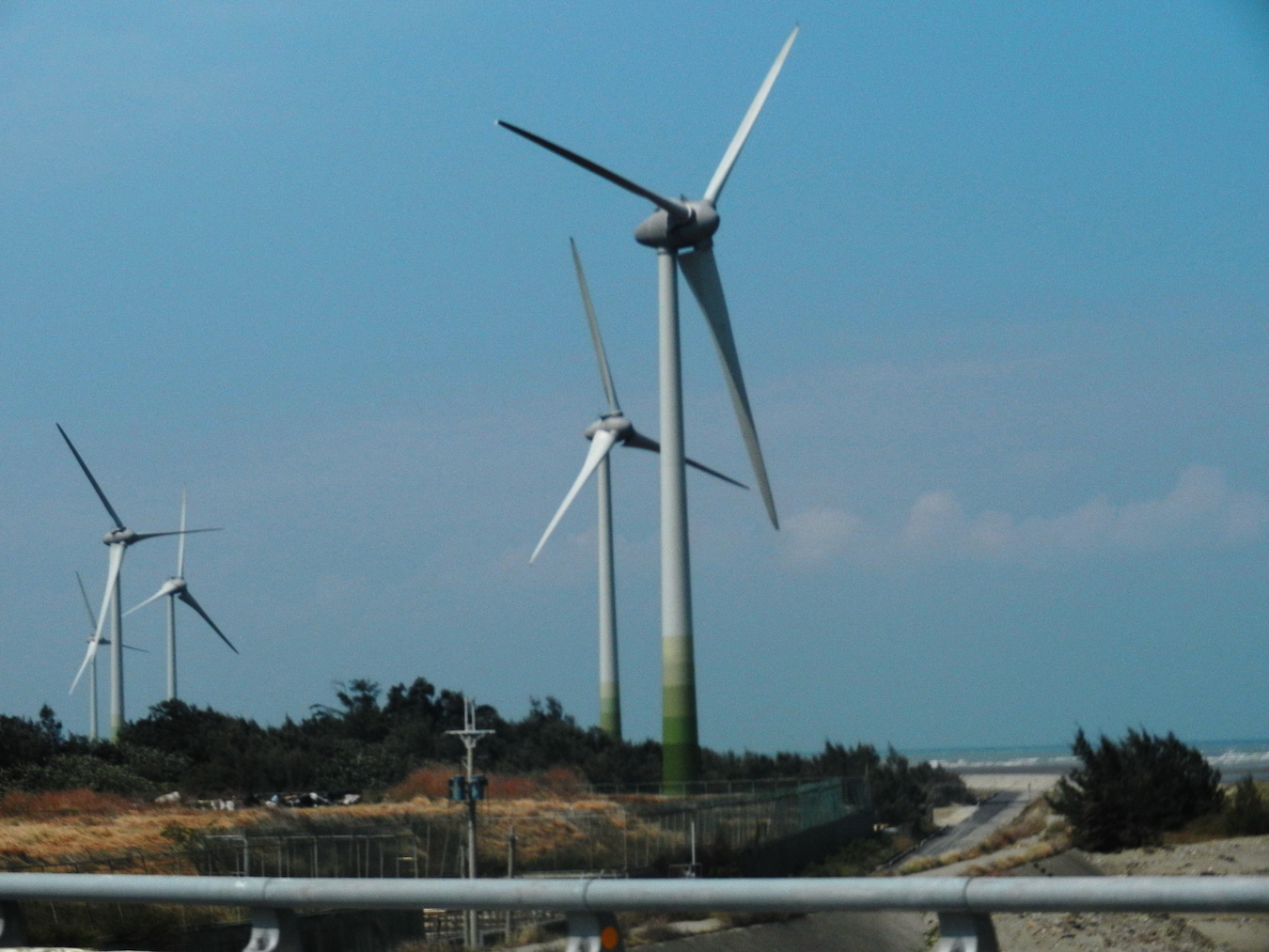by Brian Hioe
語言:
English
Photo Credit: Huang Zhen/WikiCommons/CC BY 4.0
A GRAFT CASE in Yunlin proves the latest high-profile corruption case in Taiwanese politics. 27 were questioned and 21 locations were searched by prosecutors last week as part of the investigation. The investigation centers around allegations that politicians were paid off by wpd Taiwan Energy Company Limited in order to clear the way for the development of a wind farm.
In particular, prosecutors sought to detain Yunlin county council speaker Shen Tsung-lung and county councilors Huang Wen-hsiang, Hsu Liu-pin, and Wang You-min as part of the investigation. This was for fear that they may collude to destroy evidence or otherwise cover-up wrongdoing. The same was sought of former wpd chair Wang Yun-yi. Shen and Wang are KMT members, while Hsu and Huang are independents. The Yunlin County Council government building, as well as the offices of the accused, were all searched, while documents, cell phones, and other electronics were seized as evidence. The five were later released on bail ranging from 150,000 NT to one million NT, though Shen was detained again earlier this week.
Accusations are wpd paid 26 million NT to Shen and the other politicians, disguised as construction fees, in order to obtain the necessary licenses for the wind farm to start construction by 2020. This was in the face of opposition from local residents and opposition from local politicians, who were then pressured by the Yunlin county government.
It is to be seen how the case plays out. Given that several of the involved politicians are KMT members, it is possible that they seek to frame these actions as politically motivated. In a similar timeframe, pan-Blue politicians ranging from KMT Yilan county magistrate Lin Zi-miao, KMT Keelung mayor Hsieh Kuo-liang, KMT Hualien county magistrate Hsu Cheng-wei, and TPP Hsinchu mayor Ann Kao have faced corruption charges.
 Photo credit: lienyuan lee/WikiCommons/CC BY 3.0
Photo credit: lienyuan lee/WikiCommons/CC BY 3.0
Lin is accused of rezoning protected land so that it could be purchased by a relative, while Hsieh was accused of money laundering. Hsu is accused of vote buying and bribes in collusion with her husband, former county magistrate and Hualien legislator Fu Kun-chi, while Kao is accused of embezzling fees to hire legislative assistants with her boyfriend.
Issues of corruption may be a stumbling block for the KMT. Scandals facing the KMT candidate, Lin Ming-chen, over the purchase of a suspiciously expensive mansion by his son, Lin Ru-bin– who worked as his special assistant but was thought to be being groomed for political office by the elder Lin–are thought to be one of the contributing factors to Lin’s loss in the recent Nantou legislative by-election.
That being said, across the political aisle, Tainan city council speaker Chiu Lili and deputy city council speaker Lin Zhi-chan were both detained by police on suspicion of corruption in February. Both are DPP members. Issues of political corruption are present in both parties at high-levels of government. Chiu and Lin were later suspended from the DPP for three years. Executive Yuan spokesperson Chen Tsung-yen also recently departed his post in disgrace after allegations that he had traded his political influence for sexual favors in 2012, when he worked in the Tainan city government.
As a result, corruption charges may ultimately haunt both political parties. That there have been so many corruption cases in the last year goes to show to what extent graft is deeply rooted in Taiwanese politics.
Nevertheless, while the DPP faces challenges as the ruling party, one notes that compared to the historical precedent of the Chen Shui-bian administration in its second term–in which there were also a number of such cases affecting the DPP–corruption charges have not affected the DPP in as significant a manner. Indeed, if the KMT were more skillful at amplifying corruption charges faced by the DPP and deflecting attention away from the corruption charges it currently faces, this could prove a danger to the DPP ahead of the 2024 presidential elections.
But one contributing factor to that this may not have happened could be President Tsai Ing-wen’s clean political image. Likewise, the KMT may be too much in the midst of internal disarray in order to take advantage of political charges facing the DPP. In particular, as the result of the Nantou county election goes to show, it may be that members of the public are lashing out at the KMT in traditional territories it has long held because of the nepotism of political dynasties. It is thought that this contributed to the defeat of Yen Kuan-heng, the scion of the Yen family–which has long dominated Taichung politics–in a legislative by-election last year. And so, even as both political parties may face charges of corruption, the KMT may be having a harder time fending them off–the KMT’s legacy of “black gold” corruption goes back to the authoritarian period, after all, and even if DPP corruption also exists, there simply has not been as much time for this to take root within the party.

